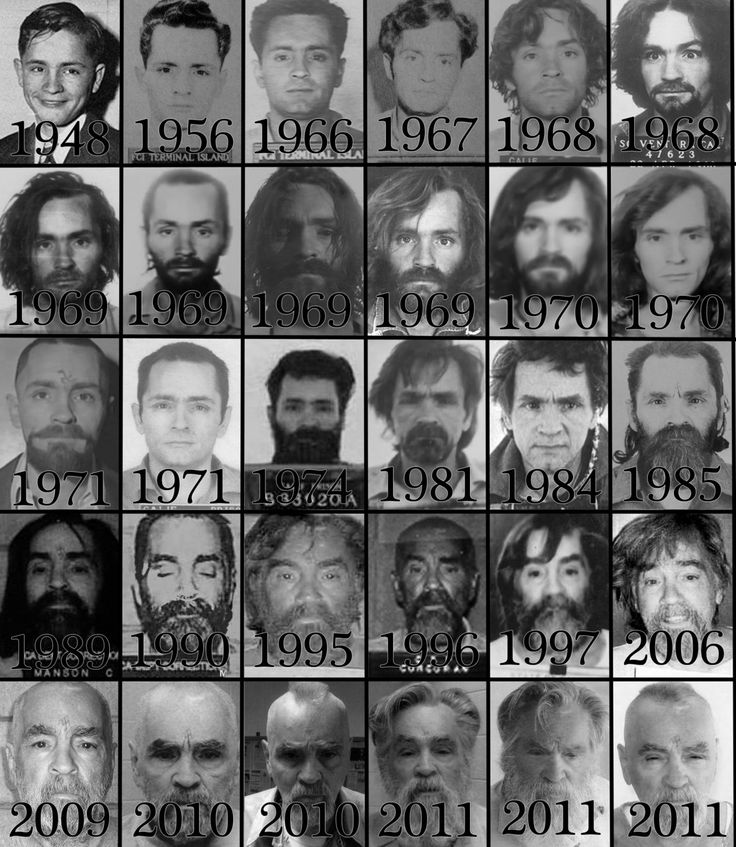The truth is something to seek but rarely find. We can gain knowledge about the world without knowing an objective holistic version of it.
I don't believe I ever stated that in order to gain knowledge about the world it needs to be holistic. In my view, knowledge presupposes truth. You can't know something which is false.
Your afraid of changing a label into something more accurate because of some effect you have imagined it to have. You do realize science already operates on this principle. Our facts aren't absolute objective truths. We seek truth not in absolutes but in probability. Some beliefs have a higher probability of being true because they have been rigorously tested and have not been proven false yet.
Here is a fact: 2+2=4; in what meaningful sense is this fact not an absolute objective truth?
I object to the relativising truth for a good number of reasons, the most prominent of which is that doing so seems to be a self-refuting thesis. It isn't clear to me what effect I am 'imagining' such a view to have, and you haven't bothered to articulate why the concerns I raised in my previous post are unfounded.
You seem quite confused about a number of things. First, lets grant
arguendo that scientific truth is relative (I take it that you are driving at temporal and/or sociological relativity here), does it follow from this that (scientific) truth is
subjective? I understand the word subjective to relate to the experience/feeling/belief of the
individual, the subject, if you will. There is no doubt that science is fallible, but I don't see how scientific consensus can be accurately described as subjective in the way I understand the word. Lets now suppose subjective has a broader definition, one which can include an entire community as the subject. Now, in what interesting sense might we then say that what science tells us is subjective? I can not think of any, so long as we are willing to eschew conspiracy theories and identity politics. It is, however, trivially true that what science tells us is determined by the scientific community; if this is all it means to say that science is subjective, then I don't disagree.
Second, scientific theories are not
facts. Admittedly, this definition is not entirely uncontentious, but I take facts to be true propositions (if you disagree, I would be interested how you define a fact). The post of mine which you responded to was talking about
truth. There is no inconsistency in saying that it is rational to believe that our best scientific theories are true, even though they may turn out to be false. Actually, in your post you seem to be confused between scientific
theory and scientific
fact. That space and time are relative is a scientific theory, that water boils at 100 degrees celsius at sea level in the atmospheric conditions present on earth is a scientific fact.
Third, there are non-scientific facts. I cited one at the beginning of this post (assuming mathematics is not a science), there are many others. Unless you want to trivialise science by suggesting that every empirical fact is a scientific one then I think you must admit that many facts are non-scientific, for example, the fact that I presently live in Australia. So, even if my previous points about
scientific truth are invalid, the argument which you have presented does nothing to show that truth
simpliciter is relative; at best, you could say scientific 'truth' (by which it seems you actually mean 'theory') is relative.
What you suggest would actually seem more likely to stifle progress because people would assume their stongly held beliefs are equally factual with scientific theory. If science was ever wrong, who would attempt to figure it out? We would all accept it as actuality and it would remain a falsely held fact.
How, exactly, do you conceive that my stating neither beliefs or perception are necessarily true entails that beliefs are "equally factual with scientific theory"? My statement and the conclusion which you have drawn from it are totally inconsistent.





